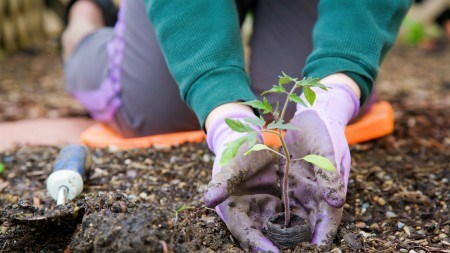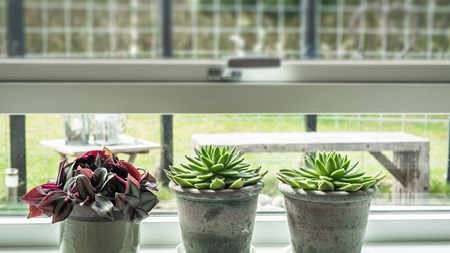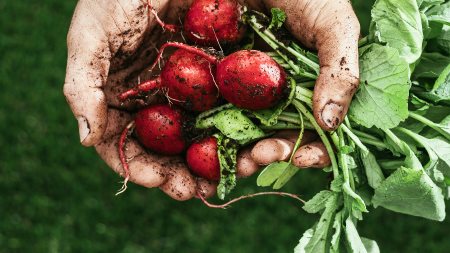Proactive homeowners are advised to establish waterwise gardens in anticipation of future droughts.
Saving water is crucial for the preservation of our environment – particularly within the South African context. According to a report released at the end of 2018 by the Intergovernmental Panel on Climate Change (IPCC), temperature increases in the sub-Saharan Africa region are projected to be higher than the global mean temperature increase; which translate into greater risks for droughts and longer-lasting heat waves.
According to Regional Director and CEO of RE/MAX of Southern Africa, Adrian Goslett, proactive homeowners are advised to establish waterwise gardens in anticipation of future droughts. “An established garden can add considerable value to a home. Luckily, with relatively little effort, most gardens can be transformed into water-wise havens,” says Goslett.
Below, RE/MAX of Southern Africa provides some tips on how to establish a water-wise garden:
Fill garden beds with succulents
Plants that require more watering should only be used as a prominent feature instead of the standard feature in your flower beds. Try to fill your garden with as many waterwise plants as possible. Indigenous plants are normally the best option in this regard. However, you will need to find out which plants will survive in the conditions of your garden. Chat to a member of staff at your local nursery for advice.
Consider Artificial Lawns
Lawns are the biggest water guzzlers. If possible, consider replacing grassy areas with artificial lawns or paving. Alternatively, you could add hardscaping features, such as a cobblestone footpath, to reduce watering areas while simultaneously adding to the aesthetic appeal of the garden.
Develop healthy watering habits
All watering should be done in the early mornings or late afternoons to reduce levels of evaporation. Adding mulching to the garden bed and water retention granules to the soil will also reduce the need for watering substantially. Sprinklers should only be placed in spots that require regular watering; grouping plants with similar watering needs will therefore prove helpful. If it rains, override your sprinkler system to make sure it doesn’t go off. Over-watering will result in shallow root growth that will encourage fungal and other attacks on the lawn.
“With increasing temperatures and water restrictions in certain parts of the country, water-wise gardening is essential. Everything possible should be done to save this precious resource,” Goslett concludes.




